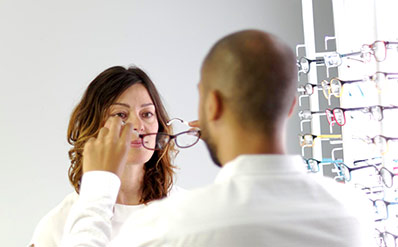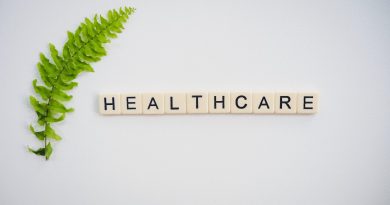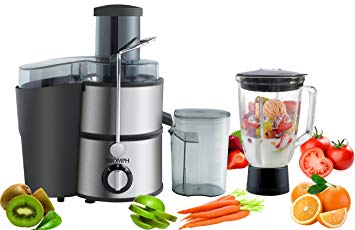What happens during an eye exam?
One can’t stress enough on the importance of eyes; thus, it is essential to take care of them. A healthy diet, adequate exercise and proper sleep schedule are necessary for healthy eyes. Besides that, a regular eye exam is essential to know if there is any precaution that can be taken for healthy eyes. Eye test is a part of the eye exam and it is important to know different aspects of vision and eye health. An eye exam has a series of tests to evaluate your eyes and check for any diseases. These are performed by a technician then later reviewed by your physician.
What aspects are evaluated?
Every adult should have a comprehensive eye exam once in a year or two. There are seven tests one goes through in an eye exam. They are:
- Retinoscopy (for checking how light reflects from your eyes)
- Refraction (test for exact prescription of eyeglasses by comparing two lenses to determine various eye problems)
- Aberrometers and Autorefractors (test to check for errors in vision and how retina focuses on an image)
- Cover test (test to determine how eyes work together and alone )
- Slit-lamp examination(test for a closer eye look, examination of the retina)
- Tonometry (testing for glaucoma)
- Pupil dilation (to check the internal structure of the eye)
What steps are followed?
There are proper steps that are followed during an eye exam. They are:
- If you are visiting a new eye doctor, they take all information about your health history and update it in case of the same doctor.
- After that, The doctor will measure your visual acuity to see if you need glasses to improve your vision.
- Then you’ll be given a numbing drop in your eyes. Your eye pressure is measured, and the eyes are dilated by the drops to provide a better inner view.
- Later your eye health is checked with various lights, and the doctor gives prescription as per the results.
What do they check on your eyes exactly?
An eye exam assesses vision and ability to focus on and discern objects. Your eye doctor will check for vision problems that make it hard to see clearly, like being near-sighted or far-sighted. The doctor will give you some eye drops to dilate your pupil and check for eye diseases. In an eye exam, the doctors check for the function of eye muscles around the eyeballs. Dilating the pupil before an eye exam gives better visualisation of the inner eye and it gets more comfortable for the doctor to check for problems in the eye. Eye exams can help detect various health diseases.
What health conditions can be detected?
Eye exams help in determining various health conditions, sometimes at an early stage. It can help in deciding diseases like:
- High cholesterol
- High blood pressure
- Stroke
- Tumors
- Cancers of blood, skin and tissue
- Arthritis
- Multiple sclerosis
- Thyroid disorders
- Sickle cell diseases
- Diabetes
- Glaucoma
- Cataract
- Age-related macular degeneration
- Aneurysm
- Lupus, Lyme disease
- Even medication toxicities.




